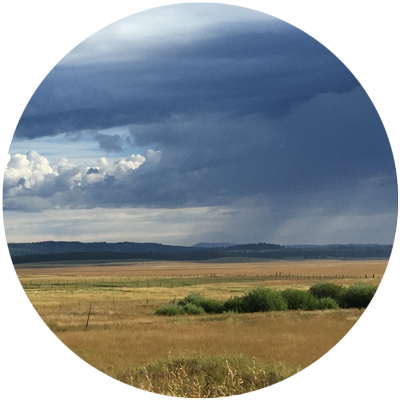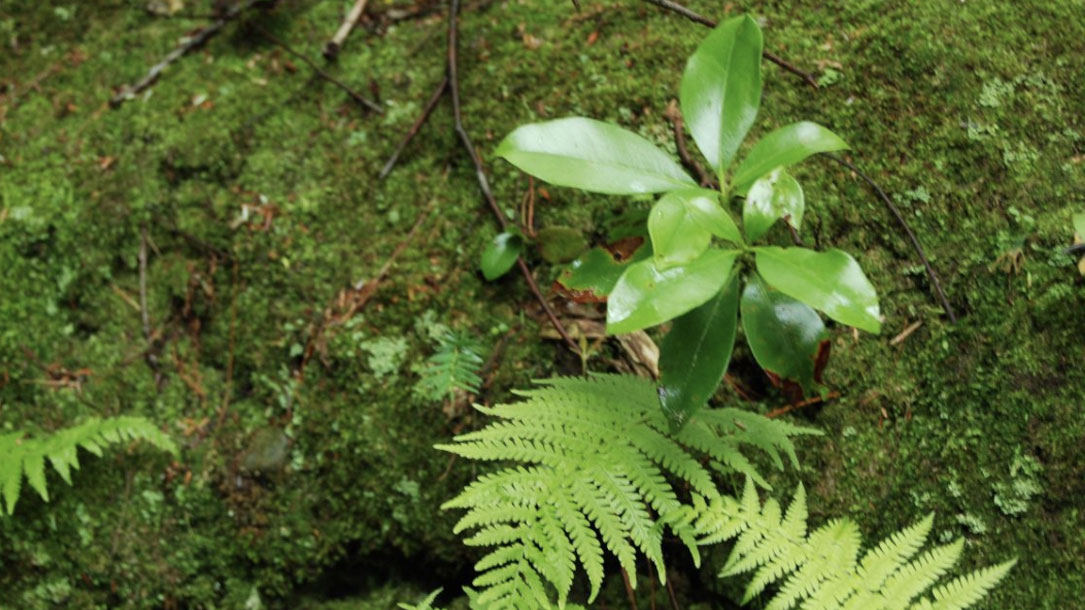
Mississippi Valley Conservancy planting trees to help combat climate change
Carol Abrahamzon, Executive Director of the Mississippi Valley Conservancy, met with the local TV station to talk briefly about a restoration project they are working on.
“Abrahamzon says these trees are essential to providing a healthy habitat to the Coulee Region. The trees to be planted at the Conservancy’s Trempealeau Lakes nature preserve include swamp white oak, silver maple, and river birch.
Abrahamzon says that the selected tree species are native to the Driftless Area and will adapt well to this site and require little care after they become established. All of these benefits strengthen the land’s resilience to a changing climate…”

Forterra: Modular prototype homes
The Modular Prototype of ModPro is the building block for the Forest to Home model and the first cross-laminated timber (CLT) modular multi-family home prototype constructed in the United States. Created in partnership with Zaugg AG Rohrbach, a leading timber construction and manufacturing company from Switzerland, ModPro was assembled, plumbed, and furnished in just 22 days.
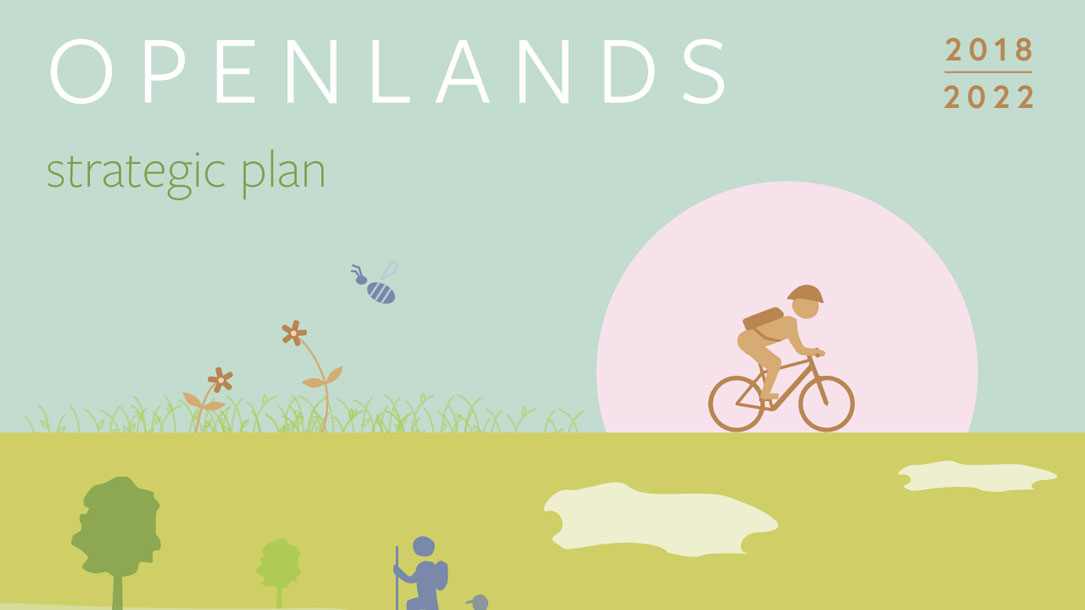
Openlands strategic plan
Openlands’ vision for the region is a landscape that includes a vast network of land and water trails, tree-lined streets, and intimate public gardens within easy reach of every city dweller. It also includes parks and preserves big enough to provide natural habitat and to give visitors a sense of the vast prairies, woodlands, and wetlands that were here before the cities. In sum, Openlands believes that protected open space is critical for the quality of life of our region.

National Land Trust Conference: September 6 – 9, 2023
Rally is where over 1,500 people who share your passion for conservation will re-energize and inspire you.
Join the Land Trust Alliance in Portland in September for a gathering packed with diverse topics to explore and great colleagues and friends to learn from and share with. Rally has all of the resources you want to take your conservation skills further. There’s no better way to invest in your future.
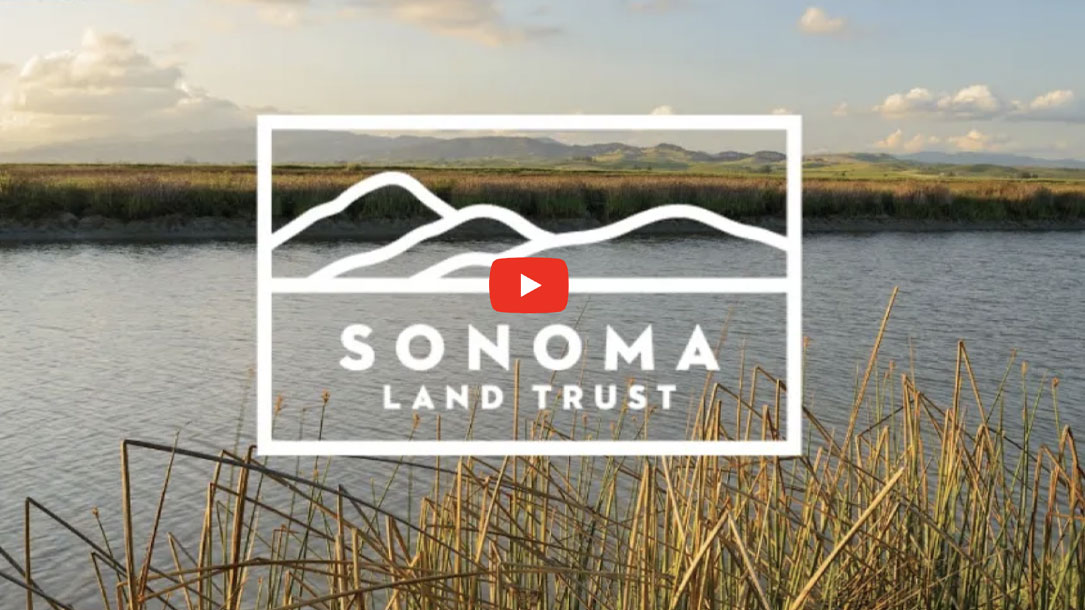
Video: Unpacking 30×30 for Sonoma County
The Land Trust is playing a key role in helping the state and nation achieve the 30×30 goal through purchase of land and stewardship of 17 nature preserves managed for biodiversity conservation, and most of their conservation easements which were originally identified for their unique biological value.
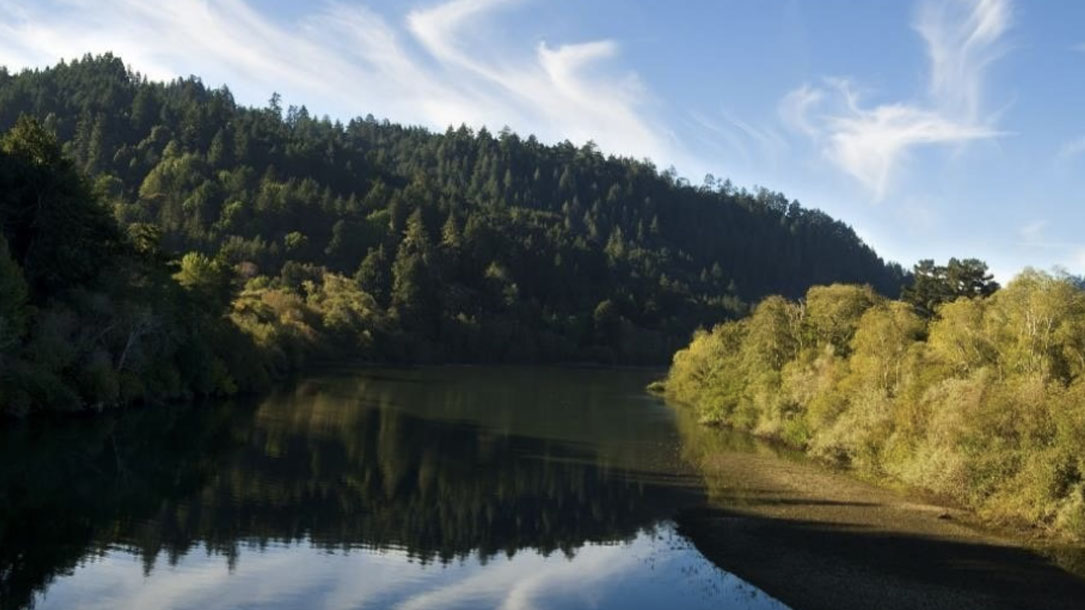
Sonoma Land Trust and 30×30
“California has joined over 72 countries, including the United States, in setting a goal of conserving 30% of our lands and coastal waters by 2030. Achieving this goal will allow California to protect biodiversity, expand equitable access to nature, and build resilience to climate change. Scientists warn that we must meet the 30×30 goal to avoid the worst impacts of a warming planet.
“From the San Pablo baylands, through the Marin Coast-Blue Ridge Critical Linkage, and into the Russian River watershed, Sonoma Land Trust has projects and programs focused on our most threatened species and habitat areas. Sonoma Land Trust is playing a key role in helping the state and the nation achieve the 30×30 goal through the purchase of land and stewardship of our 17 nature preserves managed for biodiversity conservation and most of our conservation easements which were originally identified for their unique biological value….”
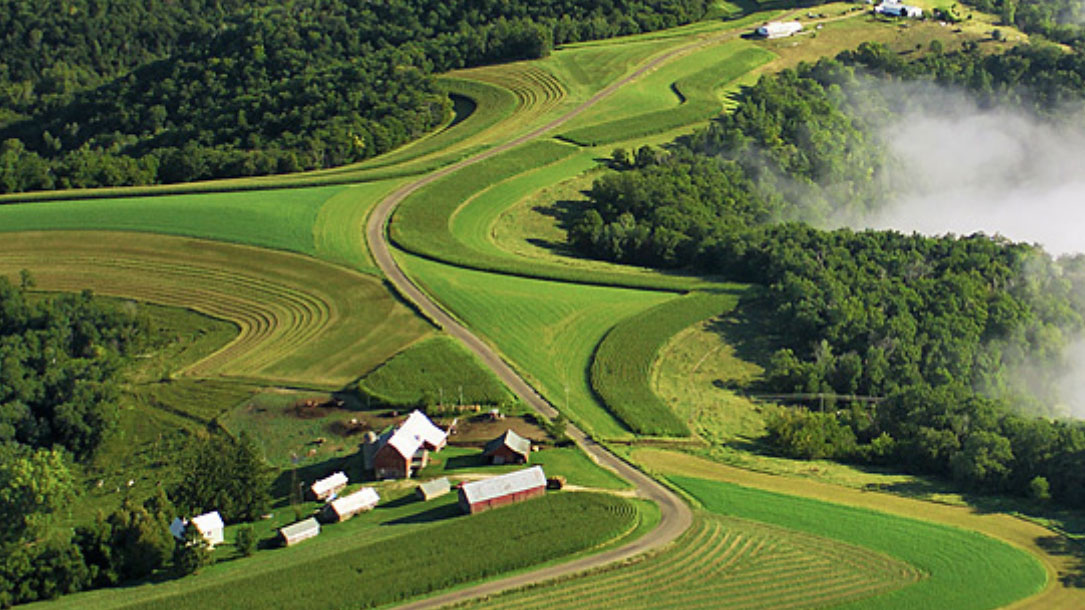
Mississippi Valley Conservancy: Climate change
Together, we can make a difference
What is it about the Driftless area you love? Is it the foggy mornings overlooking the valley? Or going fishing with your family in the spring? Perhaps it’s the sounds of migrating sandhill cranes and the call of the spring peepers.
Too often we think of climate change as occurring on a global scale or something that will happen in the future. Yet climate change already is causing profound changes with damaging effects to the land and water you love. Wildlife habitat, lakes and streams, and farmland, right here in the Driftless Area, are at risk as never before.

Learn more about Conservation Innovation Grants
Through creative problem solving and innovation, CIG partners work to address our nation’s water quality, air quality, soil health and wildlife habitat challenges, all while improving agricultural operations.
There are three annual Conservation Innovation Grants funding opportunities…
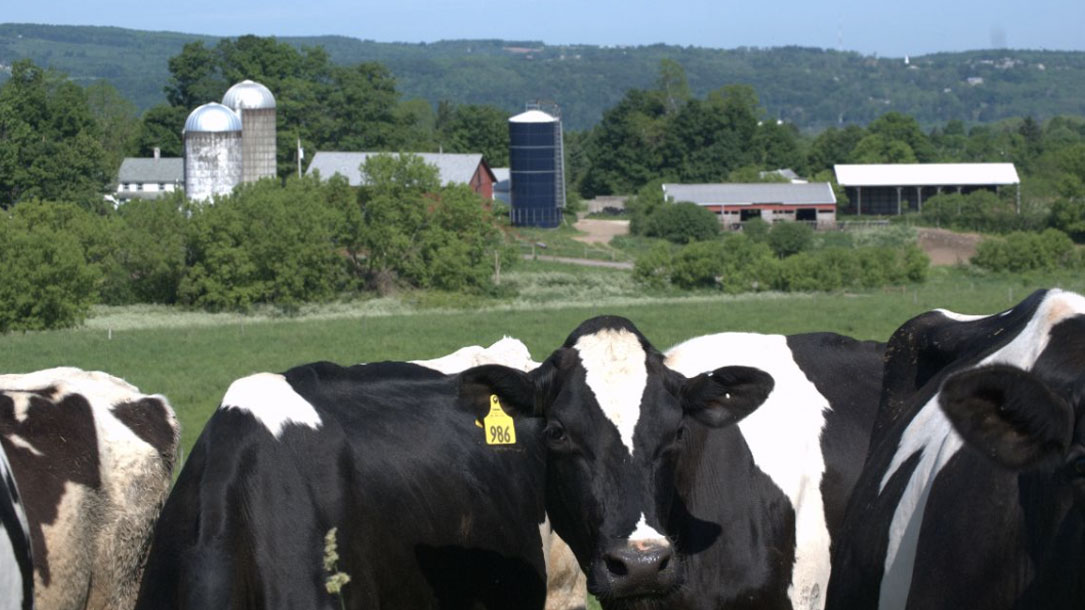
Healthy soil grants
Vermont farmers have an essential role to play in combating climate change. Some farming practices can trap carbon and keep it out of the atmosphere, while supporting wildlife habitat, healthier soils, and cleaner water. The challenge can be sustaining profitability while making significant changes.
Which practices are worth the investment? And how long will they take to pay off?
To answer these questions and more, we are partnering with Bio-Logical Capital and the University of Vermont on a Conservation Innovation Grant funded by the Natural Resources Conservation Service. This five-year research project will provide direct payments to Vermont farmers who agree to implement farming practices that improve soil health…
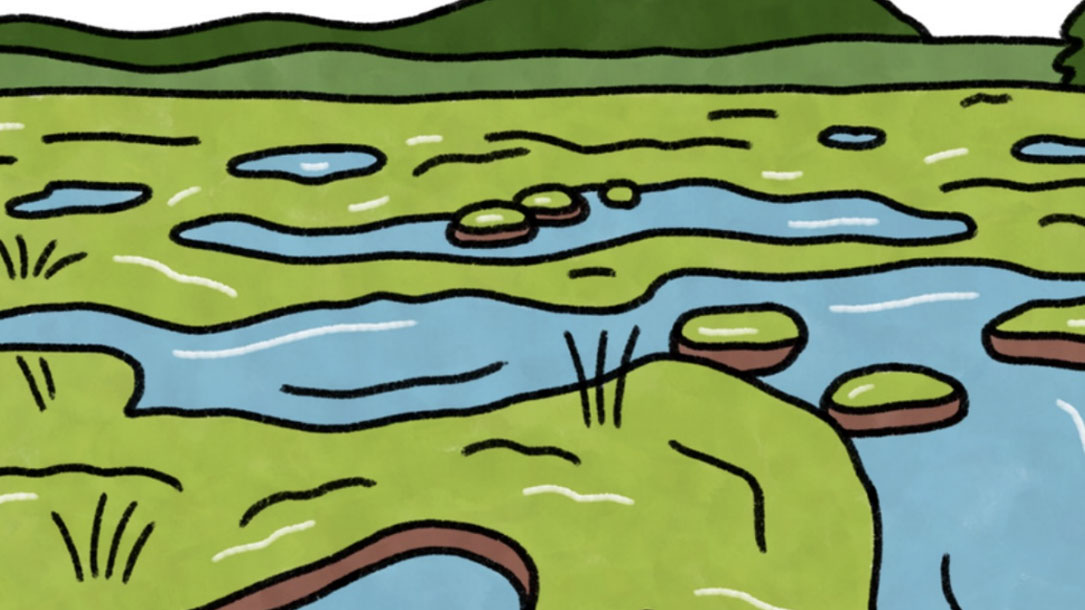
Rockland’s biggest, oldest ecological secret
What’s a peat bog? Where’s the Rockland Bog? What’s special about it? Why conserve it? How can you make a difference?



